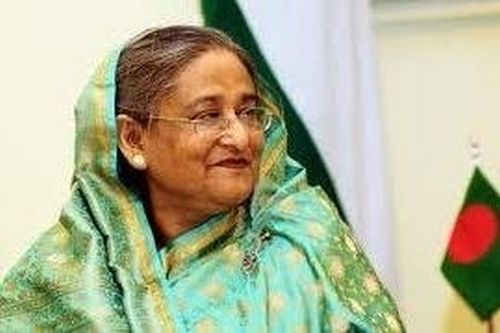United Nations: The UN human rights body has urged nations to release individuals detained without sufficient legal basis, including political prisoners, as the world body stressed the need to take a very close look at incarcerations and reduce overcrowding in prisons to prevent catastrophic rates of COVID-19 infection.
Rupert Colville, spokesperson for the UN High Commissioner for Human Rights, said recently in Geneva that some countries have been announcing prisoner releases of varying numbers, including of specific at-risk groups such as pregnant women, people with disabilities, elderly prisoners, those who are sick, minor and low-risk offenders, people nearing the end of their sentences and others who can safely be reintegrated into society.
“We urge states to release every person detained without sufficient legal basis, including political prisoners, and those detained for critical, dissenting views,” Colville said.
“We stress that with respect to people fairly convicted of serious crimes recognised under international law, or prisoners who might pose serious risk to others, they should only exceptionally be considered for temporary release from custody during the course of the pandemic,” he said.
Secretary-General Antonio Guterres’ spokesperson on Monday said that the UN chief “believes that member states need to take a very close look at incarcerations during a time of COVID-19. It’s something the High Commissioner for Human Rights has spoken out about.”
Dujarric was responding to a question about the release of prisoners in Kashmir.
He added, “As for the situation in Kashmir, he (Secretary General) very much believes that any political solution must take into consideration the issue of human rights.”
Last week, Michelle Bachelet, the High Commissioner for Human Rights, has appealed to prevent “catastrophic” rates of infection, as the number of confirmed novel coronavirus cases continues to rise worldwide.
Colville added that the UN agency continues to urge all countries to review who is being held and to take measures as soon as possible to ensure the physical distancing necessary to prevent the spread of COVID-19 becomes feasible.
He noted that Iran has increased releases to around 100,000 inmates — representing 40 per cent of the entire prison population — and that Indonesia has announced that it would free 30,000 individuals convicted of minor crimes, including drug use.
“And we understand India and Turkey are similarly considering or in the process of releasing a large number of inmates,” he said.
The Uttar Pradesh government has decided to free 11,000 prisoners lodged in 71 jails in the state amid the COVID-19 outbreak in India.
The Tihar Prison authorities in Delhi also said they are planning to release around 3,000 prisoners to ease congestion in jails over the coronavirus threat. Other prisons in India are also taking similar steps.
Concerns remain about Syrian detainees.
The Office of the High Commissioner for Human Rights (OHCHR) has described the situation in all official prisons and makeshift detention facilities in Syria as “alarming”.
Well before the COVID-19 outbreak, the OHCHR warned of overcrowding in central prisons and in facilities run by the four government security branches as the nine-year civil war still rages, and in the Sednaya military prison.
Previous reports from the UN office have highlighted deaths in these facilities, including as a result of torture and denial of medical care.
Vulnerable people detained in Syria include the elderly, women, children and many with underlying health conditions — some of them as a result of ill-treatment and neglect, experienced while in detention, the OHCHR said.







